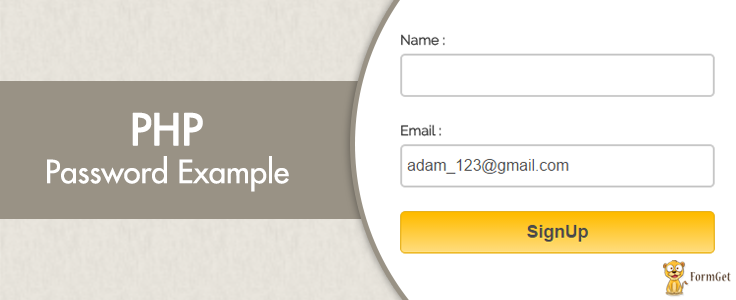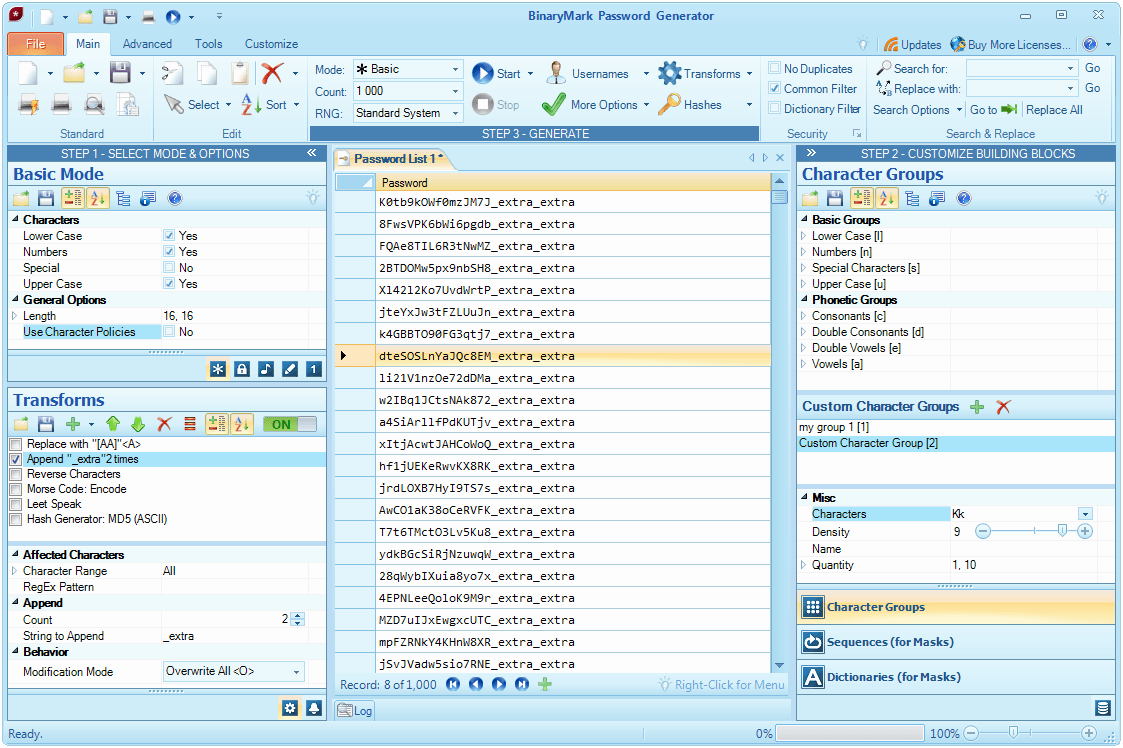
Generally, most of the ad agencies and unknowns use these fake Gmail accounts to hit the devices with non-related mails. But, if you’re looking for a fake Gmail account instead of creating a new one with personal details, this article will guide you to accomplish some of the best ways to get a fake Gmail account with password.

After successful verification, you’re ready to use the service. People hesitant towards doing this are on a hunt for fake email and password that get the same job done. When it comes to creating a Gmail account, the process is a bit longer since it collects most of your data such as date of birth, the name with initial, gender, phone number, etc.įor confirmation, an OTP (One Time Password) is sent to your mobile number. Learn more about the United Internet Group.Up on time, many updates made Gmail an outstanding email service compared to others. So, it's better in any case to develop your own secure passwords with a system that allows you to easily remember them. In addition, in an emergency, such as when your phone is lost, you may not have access to your passwords. If you want to use the same passwords on your phone, they are usually transferred via the cloud, or the online storage of the provider – and thus, they are still stored as a list on the internet.
#EMAIL PASSWORD GENERATOR SOFTWARE#
Although such software creates secure passwords using special algorithms, they are initially stored on a single device, such as a computer. Password managers can be an alternative, but they also have weaknesses. It's easy to remember, relatively complex, and therefore secure. Choose a long sentence that you can remember well, take only the first letters of each word, and add a few numbers and special characters. There is a trick to easily remember secure passwords, the so-called sentence method. The number one rule is: each account gets its own, long, and complex password. In general, I believe people are not worried enough about the passwords they use in their daily lives. If many users have an AI-created password, the AI can provide lists with these prompts, which can then be used for brute force attacks during a hack.
#EMAIL PASSWORD GENERATOR CRACK#
While you can get tips, you should always modify the results.ĭo we have to fear that AI tools will be able to crack passwords even more easily in the future? So, I would definitely advise against simply adopting passwords suggested by ChatGPT. Through my input alone, the AI learns which of its generated passwords are well-received by the user – and then it may suggest the same passwords to other users with the same question. However, when I request a password from ChatGPT, I am also training the AI just by doing so. These systems are trained based on texts and articles from the internet, so they can access and implement common advice for secure passwords. AI chatbots like ChatGPT can make password suggestions when you ask them. Is this a good option from your perspective? Given these requirements, it seems logical to use an AI tool like ChatGPT to invent and manage passwords. It is also crucial to avoid personal information such as nicknames or pet names – many people still do this, but if the attacker knows me, they will obviously try such personal data first. This makes it more difficult to crack the password using brute force attacks, or simply by trying different combinations. This means at least 8, preferably 12 or more characters, and then a mix of uppercase and lowercase letters, numbers, and special characters. This is particularly dangerous for your email account: if online criminals find out the password, they can simply reset passwords for other services using the "Forgot password" function and gain access there as well.įirst and foremost, a secure password is long and complex. When you use the same password for multiple services, only one of these services needs to be hacked – and then all accounts with this password are at risk.

Even more important than secure passwords is to only use each password for one service.

Using passwords that are too simple or too short is a risk to the security of personal, sensitive data: attackers can gain access to such things as private photos, important emails and documents, or social media accounts. Can you trust a password that’s generated by a chatbot?


 0 kommentar(er)
0 kommentar(er)
